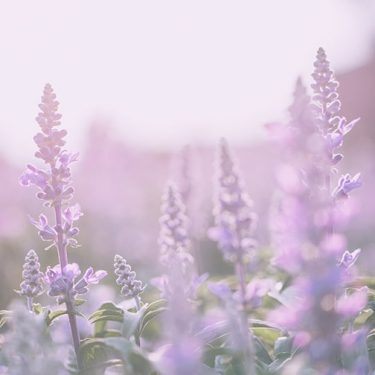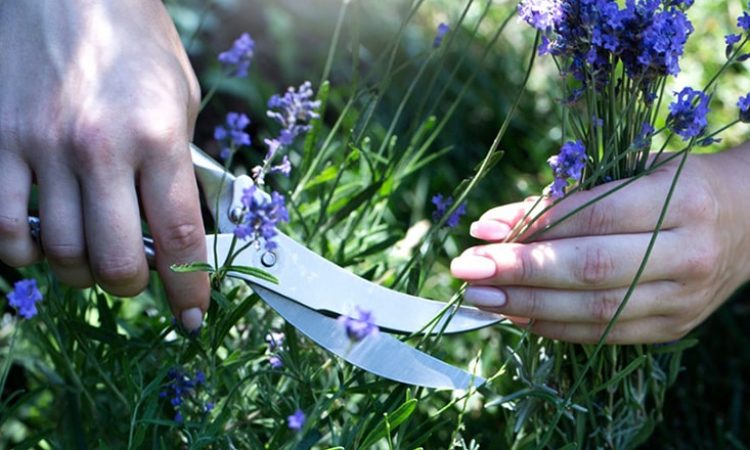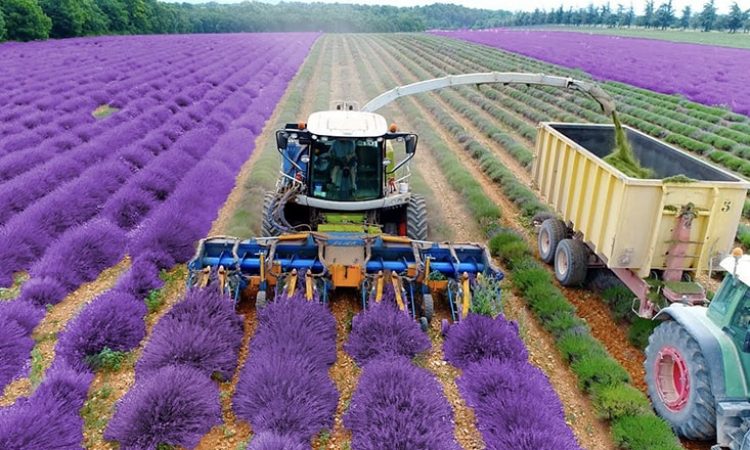

Quick Access :

![]() People commonly associate lavender with two specific traits: its fragrance and its color. But you might not be known that the lavender flower and the oil derived from it have long histories in herbal medicine.
People commonly associate lavender with two specific traits: its fragrance and its color. But you might not be known that the lavender flower and the oil derived from it have long histories in herbal medicine. ![]()


Hashemie58,NO.2
info@farafood.com
+985138705584

Copyright by FARATEJARAT CO